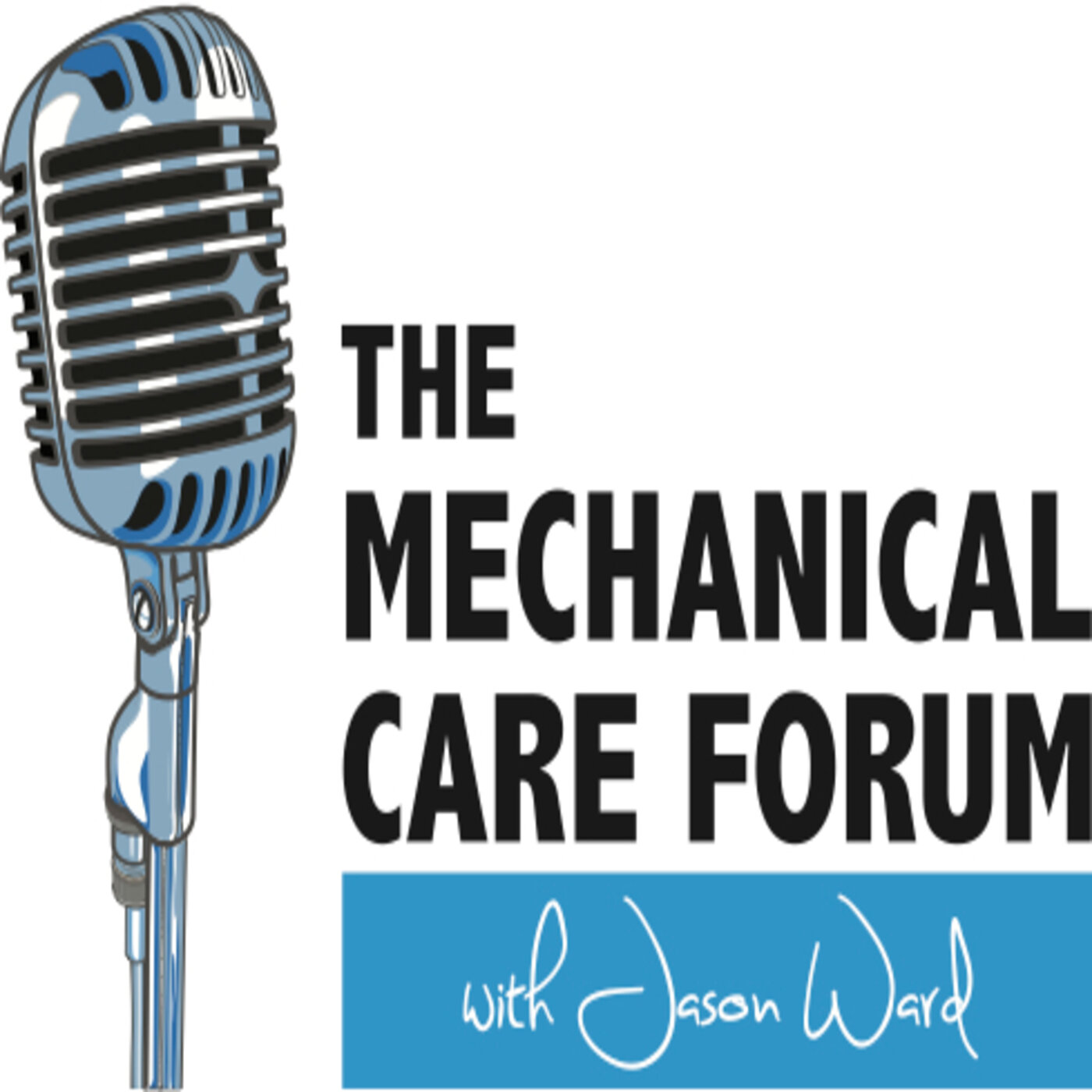Ron Schenk PT, PhD, OCS, Dip MDT, FAAOMPT
In episode 221 I’m joined by Dr. Ron Schenk of Amherst New York USA. He shares his expertise on the important topic of manual and manipulative therapy including some about its origins, the various routes to receive postgraduate specialization, the various approaches and organizations in which one can train and more. This week on MCF!
Show Notes
Background
Ron Schenk is a person who wears multiple hats. He is a professor of physical therapy for the DPT program at Daemen College, NY and Director of OMPT fellowship program and in collaboration with McKenzie Institute, he is the director of the McKenzie Orthopedic fellowship program. He is also in private practice, mentoring students and fellows and involved in research.
Special Certifications
Ron talks about the various fellowship and certification programs that are recognized by the APTA.
Manual and Manipulative Therapy
Ron shares his thoughts on the most common criticism for MDT, that it not being a manual approach. He emphasizes force progressions and the huge role of self generated forces in improving patient independence and empowerment to battle healthcare issues of recurrence and chronicity. MDT management also emphasizes “end range” and hence it is not different from other manual therapy systems in that regard.
History of Manual Therapy
Ron gives a history of the practice of manual therapy winces ages, including its practice in various forms by different people (chiropractors, osteopaths, massage therapists, physical therapists), including layman. He then talks about it falling out of favor for physical therapists due to injuries being reported in patients and about its reappearance in the 1990s when Stanley Paris and Freddy Kaltenborn promoted the psychomotor skills of manual therapy in physical therapists in the United States. He talks about the formation of the American Academy of Manual Physical Therapists to provide standards for practice of manual therapy.
Ron feels that it is important that what we practice needs to be described as manual physical therapy to distinguish it from what is practiced by other schools of thought.
We hope to deliver this content to the committed professional who wants to improve his/her care and we hope to do it in a way that is easily accessible, the world over, in today's technological age.
To contribute:
Give a 5-star review on iTunes;
Share EP #221 with a friend; and/or
Connect with us on the Spotify MCF Podcast and MCF Instagram page!
Thanks for your support!

